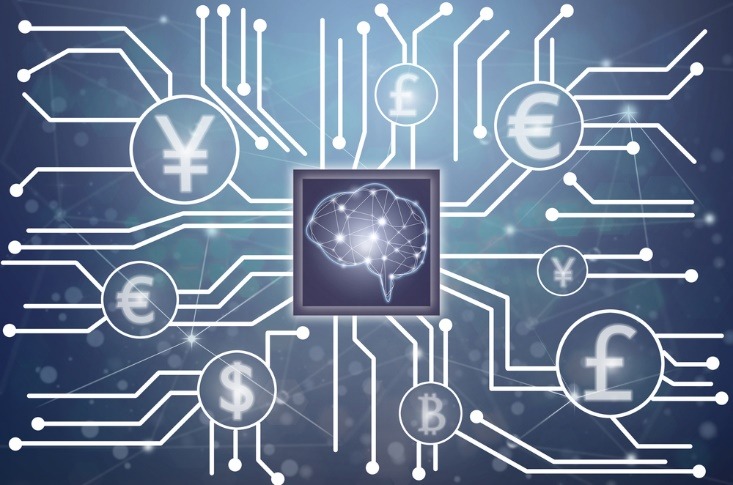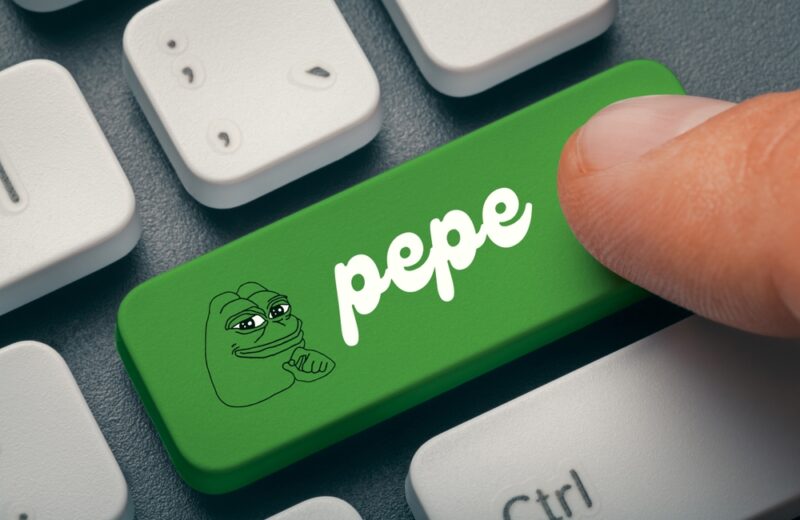Data safety problematics
Every single enterprise, institution, organization nowadays bases its core information about their clients in data storage. Time goes by; data grow in proportions and need a correct analytical systematization. Artificial Intelligence is a tool that efficiently executes all data-based tasks.
Companies need to store more data each day. AI is a powerful tool, and its program capabilities are incredibly valuable. However, as data expands, the questions rise about information security and privacy governance. In fact, for AI, the more data, the better.
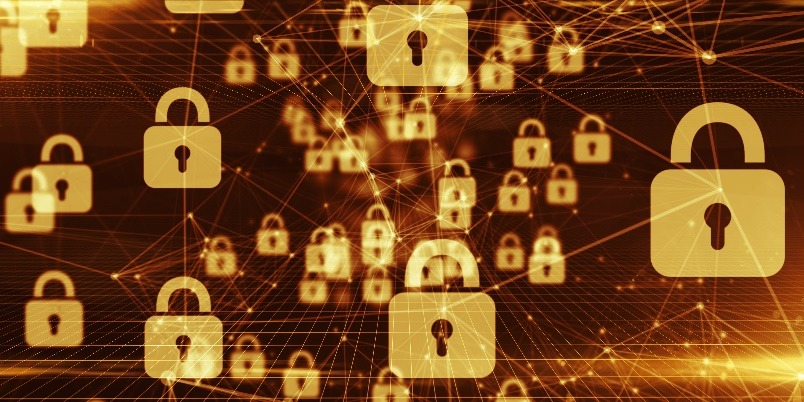
Data is becoming more valuable, so the old formula of “give us your information, and we’ll provide the service for free” becomes more and more irrelevant. Private information contains not only general information about the individual, like date of birth, blood type, hobbies, etc. It also includes all kinds of online actions, cryptocurrency possession, and financial management.
So, should we, as consumers, give out our private information freely? Why do enterprises, companies, or organizations own our data? Should we get paid for giving away our information? Maybe, we should store our data on more secure blockchains. Data protection is becoming more and more important.
What happens to personal data?
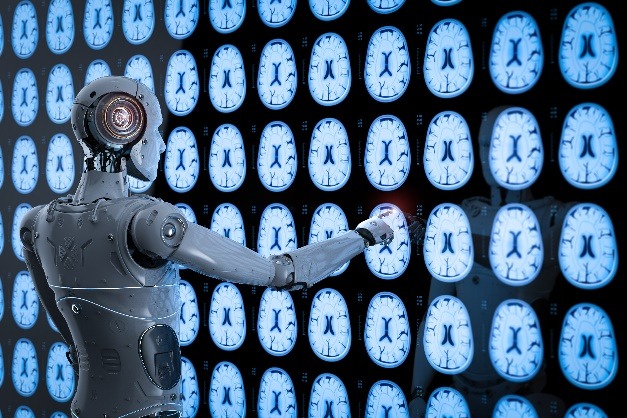
These kinds of questions arose during the Facebook breakdown with Cambridge Analytica. If you do not know, Cambridge Analytica Ltd (CA) was a British political consulting firm. It combined data brokerage, data mining, and data analysis with strategic communication during the electoral processes. The company closed after Facebook–Cambridge Analytica data scandal. In early 2018 it was quite a big deal for both enterprises. It exposed that Cambridge Analytica had harvested the personal data of millions of people’s Facebook profiles. Most importantly, without their consent. It has used the collected data for political advertising purposes.
More and more people become aware of how valuable their information is. And how important it is to cautiously give it away as personal information can be used and sold. Enterprises secure data provided by their customers. At least, they are working on it. The public must know the specifics of how companies use their data.
What can Blockchain and AI do?
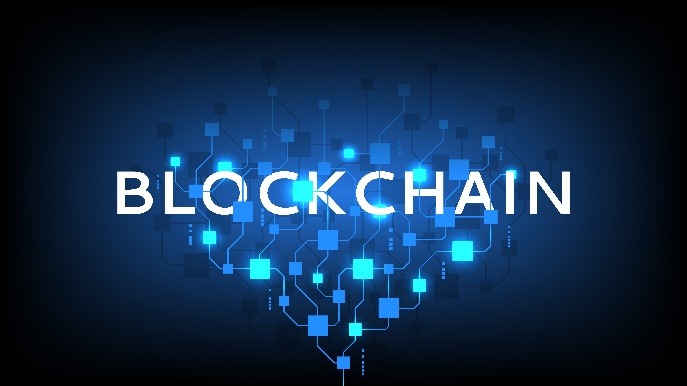
In a way, blockchain can help address many of these data-related trust and safety-related issues. Blockchain is similar to a nervous system; every single asset and program in it is communicating with each other to learn from mistakes. The main problem with average security systems is that it is centralized.
Old security systems store data in one central point. As a result, it is far more vulnerable. Blockchain’s security system is different. Any malevolent third-party would need to attack countless devices at once to collect little bits of data and put them all together. Blockchain’s decentralized system is resilient. If a single device fails, the stored data remains secure in other devices — this the main reason why it is so revolutionary.
For public Blockchain is s a cryptocurrency-based company. However, little they know that blockchain also provides a secure, durable, and distributed ledger security system.
There is a definite theoretical possibility that AI and Blockchain combined will become an exceptional tool in helping humanity dealing with data problems. Blockchain and AI could provide users with easier access to the network. These systems can simplify, voting and facial recognition and provide a distributed ledger system that can assist in verifying results.


